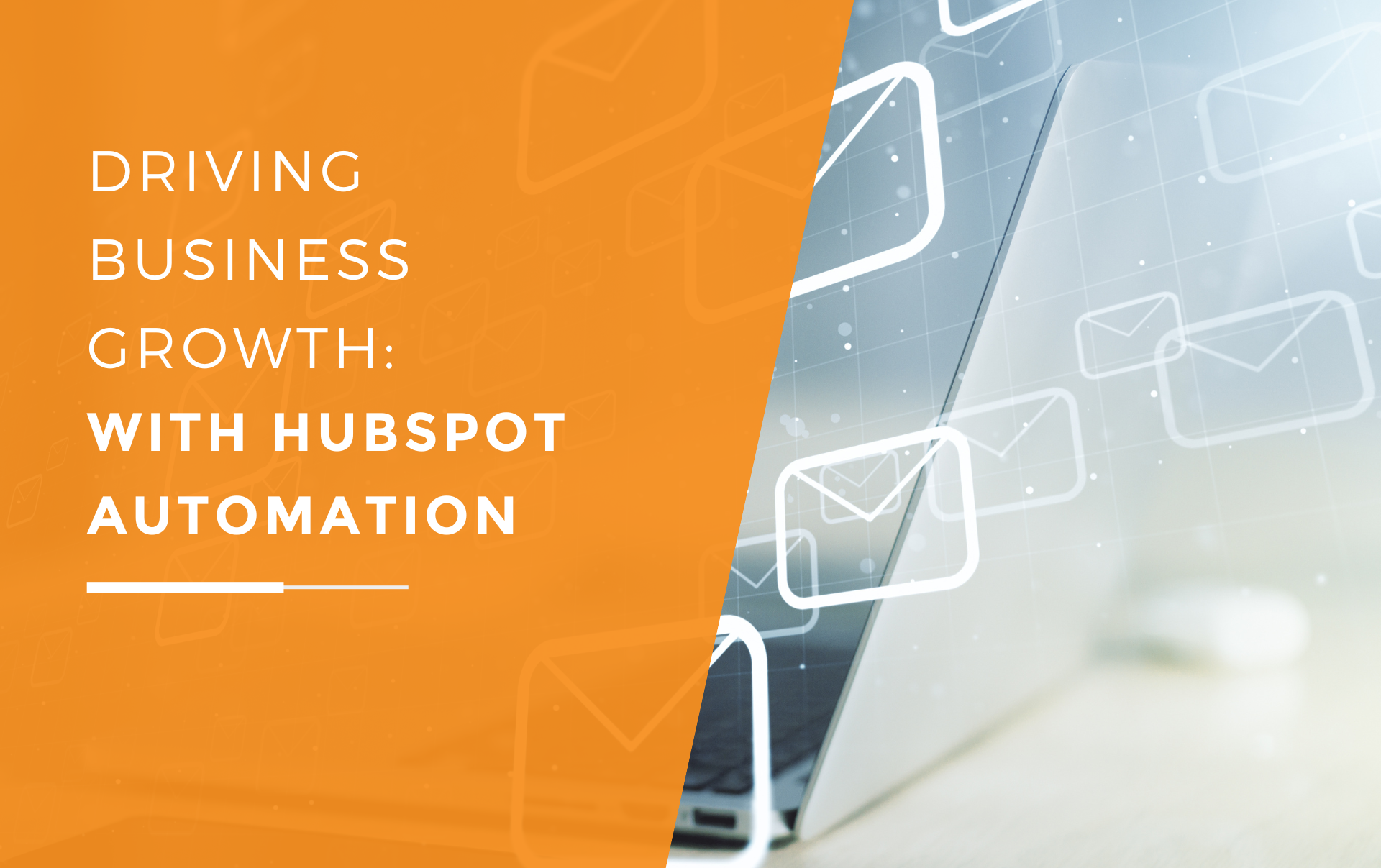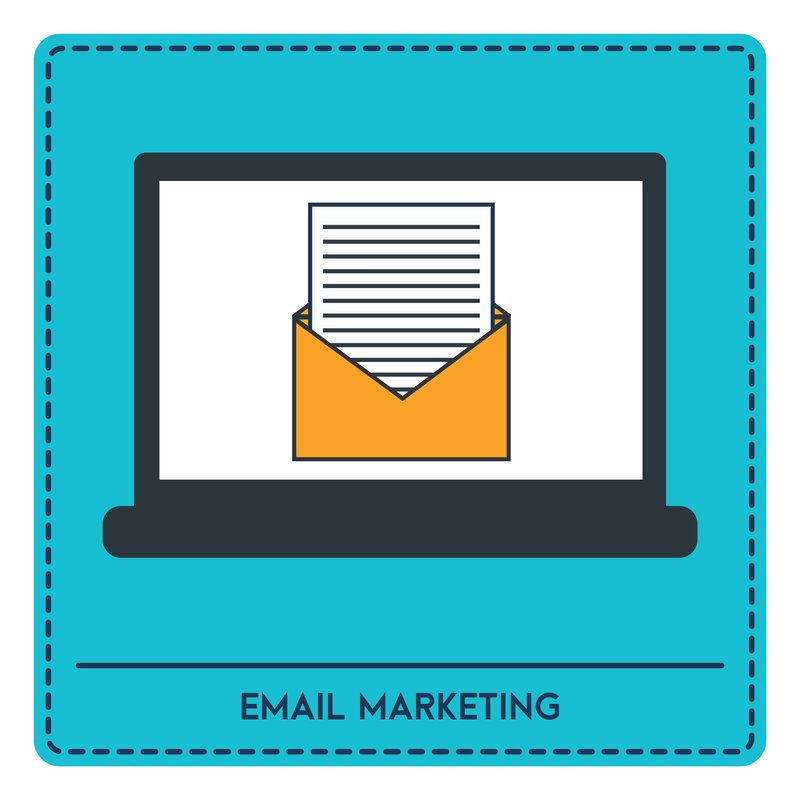Scaling Up With Marketing: Driving Your Growth Plan
by Leanne Mordue on 07-Mar-2024 12:30:00

In the unusual social and economic landscape of 2024, SMEs face a unique challenge when planning for growth. While the economy is now growing at a modest rate and recovery is definitely underway, inflation, recruitment, and borrowing costs remain high. Any investment in your business needs to prove its worth in terms of ROI potential. So where does that leave marketing on your list of priorities?
Traditionally, scarcity of resources compared to larger businesses has led to a common perception among SMEs that money spent on marketing is a luxury reserved for when cash flow is bountiful. However, in the present circumstances, this reluctance to spend on marketing could be detrimental to the growth of small businesses.
In this article, we’ll look at the various reasons why it’s time for SME business owners to view marketing as a vital and accessible tool for sustained growth and a competitive edge in today’s digital economy.
Digital Solutions For Digital Times
One of the reasons that marketing is now so important for achieving growth for smaller businesses is that the face of B2B sales has changed. Gone are the days when B2B decision-makers relied primarily on face-to-face sales meetings and networking events for information about services and products. Sure, people would use the Internet for initial research and validation, but the serious business of sales would be done on the phone, or face-to-face.
Since the pandemic, B2B sales decisions are now made primarily online, and business owners are armed with a plethora of resources to research, compare, and learn about different solutions to their business challenges.
This technological and cultural shift has made it easier for many small businesses to navigate the uncertain economic conditions of the past few years. However, it also places the responsibility on potential suppliers to make a corresponding change in the way they approach customers. An effective inbound digital marketing strategy is now the best way of creating a direct interface with these informed customers and holds the key to your business remaining relevant and influential.
Social Proof And Marketing
Peer reviews on social media and word-of-mouth recommendations now play a significant role in buyer decision-making in the B2B sector, largely played out on the stage of Google reviews and LinkedIn. You don’t have direct control over this, but nevertheless, this bank of social proof can be cultivated and enhanced by strong marketing efforts. Ensuring that your business is part of your industry conversation, has a strong and durable online presence, and an authoritative brand image, will support your efforts to make sales and give you a higher closure rate.
Marketing As A Growth Catalyst
A marketing strategy is more than a matter of simply promoting your products and services: it acts as a comprehensive blueprint for growth, aligning various functions within your business towards common growth objectives. Unlike the hit and miss results often seen from ad hoc marketing efforts, a well-designed strategy will integrate sales, customer retention, and brand development to deliver a cohesive approach to driving organic growth.
Measuring Your Return On Investment
Common reasons not to invest in marketing often include the uncertainty of its effectiveness and an inability to accurately measure return on investment (ROI). However, with a wide range of analytics tools and a huge potential data resource available to business owners, SMEs can now track the performance and relative success of their marketing initiatives better than ever before. Diverse metrics including customer acquisition cost, customer lifetime value, and lead conversion rate can all be used to assess the success (or failure) of a marketing campaign and derive insights to improve the performance of subsequent campaigns.
Data-Driven Decision Making
Digital marketing is a numbers game – meaning that it uses real-time data to empower informed and evidence-based decisions about marketing choices and investments. This iterative process means that any mistakes can be quickly identified and corrected, and more successful tactics amplified with precision. Data-driven marketing helps you to test, learn, and improve on an ongoing basis, letting you scale your marketing strategy alongside the growth of your business.
Targeted Marketing
Modern digital platforms now allow exceptionally targeted marketing to niche buyer demographics, giving you greater returns for every pound spent. Instead of casting a wide net and hoping for the best, you can now aim your messages at tightly defined segments of your audience, ensuring that your marketing efforts and content are laser focused and highly relevant. This precision can dramatically increase your ROI from your marketing investment and help you scale your business in a way that doesn’t break the bank.
Find Out More
By harnessing the tools and principles of strategic marketing, businesses of all sizes can hit above their weight and secure a market position for themselves as leaders and innovators. If you are ready to unlock the potential of marketing for your SME, please get in touch with JDR today by clicking the link here.
Image Source: Canva
- Inbound Marketing (SEO, PPC, Social Media, Video) (832)
- Strategy (368)
- Sales & CRM (197)
- Marketing Automation & Email Marketing (192)
- Business Growth (168)
- Website Design (162)
- Hubspot (141)
- Lead Generation (117)
- Google Adwords (100)
- Content Marketing (94)
- Conversion (53)
- Case Studies (49)
- News (47)
- Ecommerce (39)
- Webinars (36)
- SEO (27)
- AI (21)
- Events (19)
- LinkedIn Advertising (17)
- Video (17)
- Video Selling (15)
- Software training (13)
- Niche business marketing (11)
- The Digital Prosperity Podcast (10)
- Facebook Advertising (8)
- HubSpot Case Studies (7)
- Web Design Case Studies (1)
- February 2026 (9)
- January 2026 (12)
- December 2025 (15)
- November 2025 (6)
- October 2025 (17)
- September 2025 (16)
- August 2025 (14)
- July 2025 (14)
- June 2025 (5)
- May 2025 (19)
- April 2025 (15)
- March 2025 (13)
- February 2025 (13)
- January 2025 (8)
- December 2024 (2)
- November 2024 (4)
- October 2024 (21)
- September 2024 (4)
- August 2024 (8)
- July 2024 (14)
- June 2024 (16)
- May 2024 (25)
- April 2024 (15)
- March 2024 (18)
- February 2024 (5)
- January 2024 (10)
- December 2023 (6)
- November 2023 (10)
- October 2023 (13)
- September 2023 (12)
- August 2023 (14)
- July 2023 (13)
- June 2023 (14)
- May 2023 (15)
- April 2023 (13)
- March 2023 (14)
- February 2023 (13)
- January 2023 (15)
- December 2022 (13)
- November 2022 (6)
- October 2022 (8)
- September 2022 (22)
- August 2022 (15)
- July 2022 (13)
- June 2022 (16)
- May 2022 (14)
- April 2022 (16)
- March 2022 (17)
- February 2022 (11)
- January 2022 (8)
- December 2021 (6)
- November 2021 (7)
- October 2021 (11)
- September 2021 (10)
- August 2021 (7)
- July 2021 (7)
- June 2021 (4)
- May 2021 (4)
- April 2021 (1)
- March 2021 (3)
- February 2021 (5)
- January 2021 (4)
- December 2020 (7)
- November 2020 (6)
- October 2020 (5)
- September 2020 (9)
- August 2020 (18)
- July 2020 (17)
- June 2020 (17)
- May 2020 (10)
- April 2020 (21)
- March 2020 (24)
- February 2020 (21)
- January 2020 (12)
- December 2019 (23)
- November 2019 (12)
- October 2019 (14)
- September 2019 (16)
- August 2019 (15)
- July 2019 (13)
- June 2019 (6)
- May 2019 (8)
- April 2019 (4)
- March 2019 (2)
- February 2019 (2)
- January 2019 (2)
- December 2018 (3)
- November 2018 (24)
- September 2018 (11)
- August 2018 (9)
- June 2018 (3)
- May 2018 (6)
- April 2018 (14)
- March 2018 (12)
- February 2018 (16)
- January 2018 (15)
- December 2017 (15)
- November 2017 (18)
- October 2017 (23)
- September 2017 (19)
- August 2017 (28)
- July 2017 (27)
- June 2017 (25)
- May 2017 (18)
- April 2017 (17)
- March 2017 (16)
- February 2017 (17)
- January 2017 (14)
- December 2016 (21)
- November 2016 (27)
- October 2016 (25)
- September 2016 (16)
- August 2016 (20)
- July 2016 (19)
- June 2016 (14)
- May 2016 (20)
- April 2016 (24)
- March 2016 (22)
- February 2016 (28)
- January 2016 (27)
- December 2015 (28)
- November 2015 (19)
- October 2015 (9)
- September 2015 (12)
- August 2015 (5)
- July 2015 (1)
- June 2015 (10)
- May 2015 (3)
- April 2015 (11)
- March 2015 (14)
- February 2015 (15)
- January 2015 (12)
- December 2014 (2)
- November 2014 (23)
- October 2014 (2)
- September 2014 (2)
- August 2014 (2)
- July 2014 (2)
- June 2014 (7)
- May 2014 (14)
- April 2014 (14)
- March 2014 (7)
- February 2014 (2)
- January 2014 (7)
- December 2013 (9)
- November 2013 (14)
- October 2013 (17)
- September 2013 (3)
- August 2013 (6)
- July 2013 (8)
- June 2013 (4)
- May 2013 (3)
- April 2013 (6)
- March 2013 (6)
- February 2013 (7)
- January 2013 (5)
- December 2012 (3)
- November 2012 (2)
- September 2012 (1)
Subscribe by email
You May Also Like
These Related Blogs

Video: 3 Ways JDR Group Can Help You Grow Your Business

Driving Business Growth with HubSpot Automation
Any business owner who’s ever had to wear multiple hats to juggle all the tasks involved in a marketing campaign will appreciate the timesaving value …

Why Use Email Marketing For Lead Generation?
Email marketing is an invaluable tool for B2B lead generation. Once you have built a list of subscribers who you know are interested in your products …




